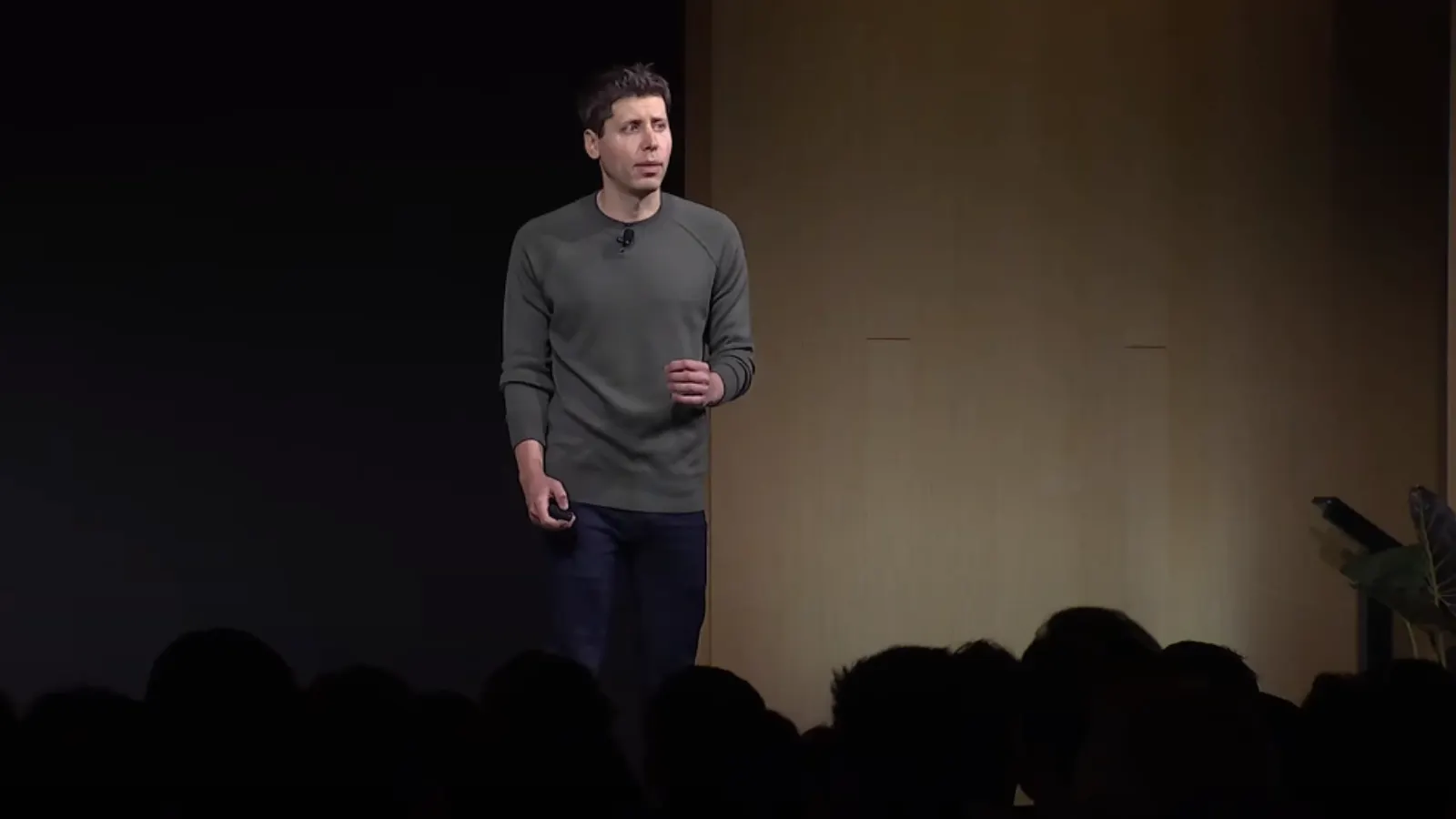During the inaugural OpenAI DevDay on Monday, CEO Sam Altman announced several upgrades to its existing products, including the latest version of ChatGPT, GPT-4 Turbo.
“Even though this is a developer conference, we can't resist making some improvements to ChatGPT—a small one,” Altman told the crowd. “ChatGPT now uses GPT-4 Turbo, with all the latest improvements, including the latest knowledge cut-off, which will continue to update. That's all live today.”
GPT-4 Turbo
According to Altman, GPT-4 Turbo—the latest and more capable version of GPT-4—has a 128K context window, expanded knowledge up to April 2023, and lower prices for inputs and outputs.
“A lot of people have tasks that require a much longer context link, and GPT-4 supported up to 8k and in some cases up to 32k context length, but we know that isn't enough for many of you and what you want to do,” Altman said. “GPT-4 Turbo supports up to 128,000 tokens of context.” The increase is equivalent to 300 pages of a standard book, he explained, 16 times more than the previous 8k limit.
Altman also emphasized that GPT-4 Turbo, in addition to longer context length, is much more accurate over an extended conversation. GPT-4 Turbo will also include a new feature called JSON mode, which Altman said will ensure that the AI models respond with valid JSON, which makes calling APIs easier. JSON is an open standard file and data exchange format that uses human-readable text to store and transmit data.
GPT-4 Turbo, Altman said, will be included in ChatGPT, and with the upgrade, users will not have to select a particular model like Browse with Bing or Dall-E, saying that ChatGPT will know what to use and when it's needed. OpenAI also introduced tools that would allow for better fine-tuning for developers, which lets business tailor their GPT-4 experience to their needs without having to build an entirely new model.
“We believe that if you give people better tools, they will do amazing things,” Altman said. “We know that people want AI that is smarter, more personal, more customizable, and can do more on your behalf.”
Assistants API
The latest iteration of ChatGPT, Altman said, would feature a more human-like speech pattern. Another feature announced during the keynote was a text-to-speech AI assistant that lets users say what they want ChatGPT to do, and the chatbot will respond and mimic human voices with six to choose from. Not satisfied with a mere text-to-speech option, however, OpenAI also demonstrated the AI assistant API's ability to interact with real-time data once connected to the internet.
The Assistants API, Altman said, went into beta on Monday along with the other announced features. In addition to being more affordable, the upgrade adds advanced image generation and speech processing capabilities.
No Code and Copyrights
For developers who may not know how to code, Altman said the company is rolling out prompt-based GPT development.
“We know that many people who want to build a GPT don't know how to code,” Altman said. “We've made it so that you can program the GPT just by having a conversation. We believe that natural language is going to be a big part of how people use computers in the future.”
Altman also revealed a new initiative called Copyright Shield that aims to protect developers from claims of copyright infringement that have plagued the AI industry since the launch of ChatGPT last year.
In September, several authors, including John Grisham, Jonathan Franzen, Jodi Picoult, Michael Connelly, and Game of Thrones creator George R.R. Martin, joined a class action lawsuit against OpenAI, alleging the company fed their work into ChatGPT's training data without permission. Altman has previously called the lawsuit "frivolous. Still, the news of the Copyright shield shows the company is taking claims of copyright infringement levied at AI developers seriously.
“Copyright shield means that we will step in and defend our customers and pay the costs incurred if you face legal claims or on copyright infringement,” Altman said. “This applies both to ChatGPT Enterprise and the API,” Altman said, emphasizing that OpenAI does not train its models on data from the API or ChatGPT Enterprise.
Altman said the features announced today will be continually updated—and that what OpenAI announced in 2024 will make these features appear quaint in comparison.
Edited by Ryan Ozawa.

